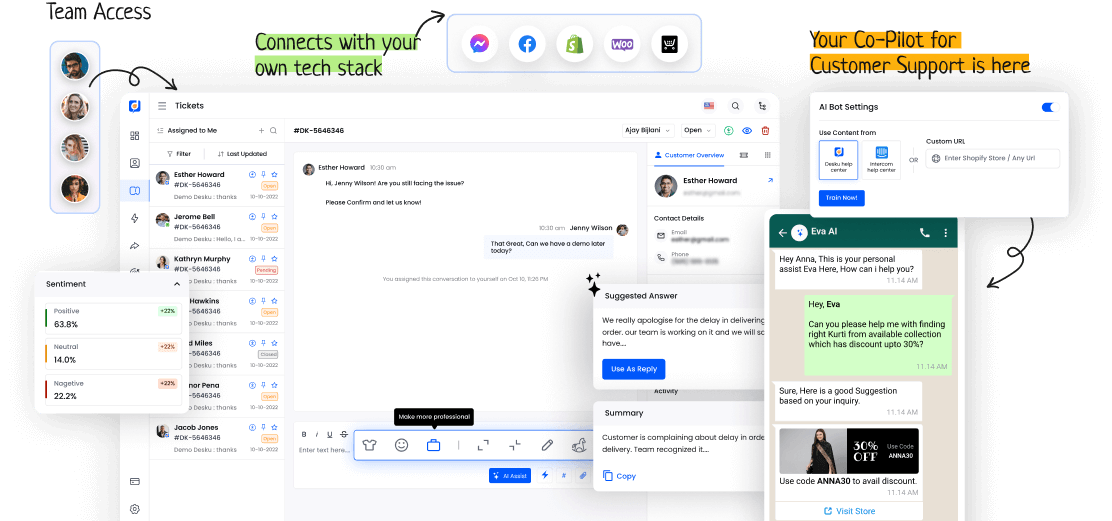An assignee plays a key role in legal agreements. They often navigate tricky contract details with care and accuracy. The assignee takes on the rights and duties of the assignor. This places them in a role with many responsibilities. These can greatly sway the outcome of a contract.
Knowing the details of an assignee's role is not just for show. It's a vital part of managing contracts well. As we dig deeper into being an assignee, we uncover many legal details and impacts. This shines a light on the important job they do in keeping contracts in order.
I. Definition and Role of an Assignee
In legal matters, knowing about an assignee is crucial. An assignee is a person or group who gets rights or duties. They take the place of the first party in a contract.
It's key to understand the assignee's job for a smooth shift of duties.
II. Types and Examples of Assignees
Different kinds of entities can serve as assignees in law dealings. These can be people, companies, or trusts. Being an assignee can bring benefits. These can include getting rights or duties under an agreement.
It's important to choose the right assignee. This ensures they can do the assigned jobs. Knowing the different assignees and their jobs is useful. It helps make good choices when giving rights or duties in law agreements.
III. Legal Implications and Responsibilities of an Assignee
In legal matters, an assignee has clear duties and legal implications to follow. They must know these and stick to them. They should worry about liability risks. If they fail or break rules in their assigned duties, they can be held responsible.
They also need to meet their contract commitments. This ensures they follow the terms set in the assignment. Knowing and meeting these legal needs are key for an assignee to do their job well.





